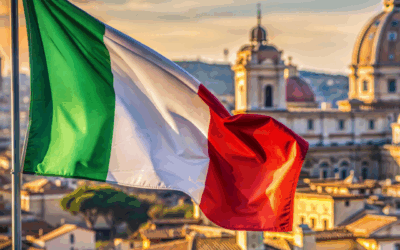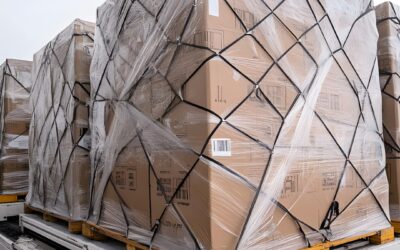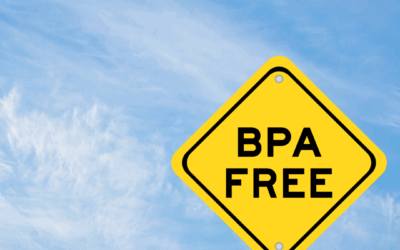Eco-Fee Modulation: What's behind the EU subsidisation of packaging

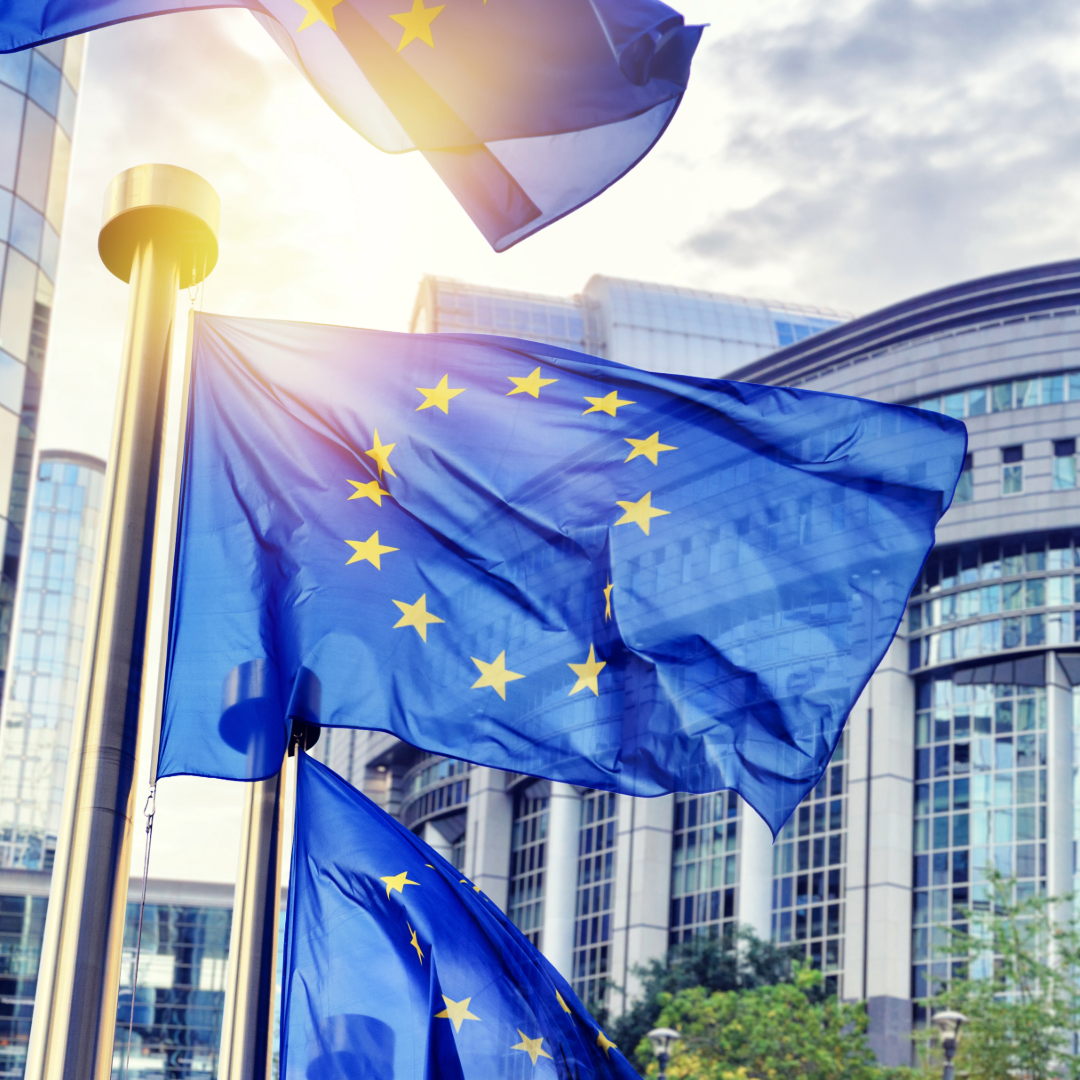

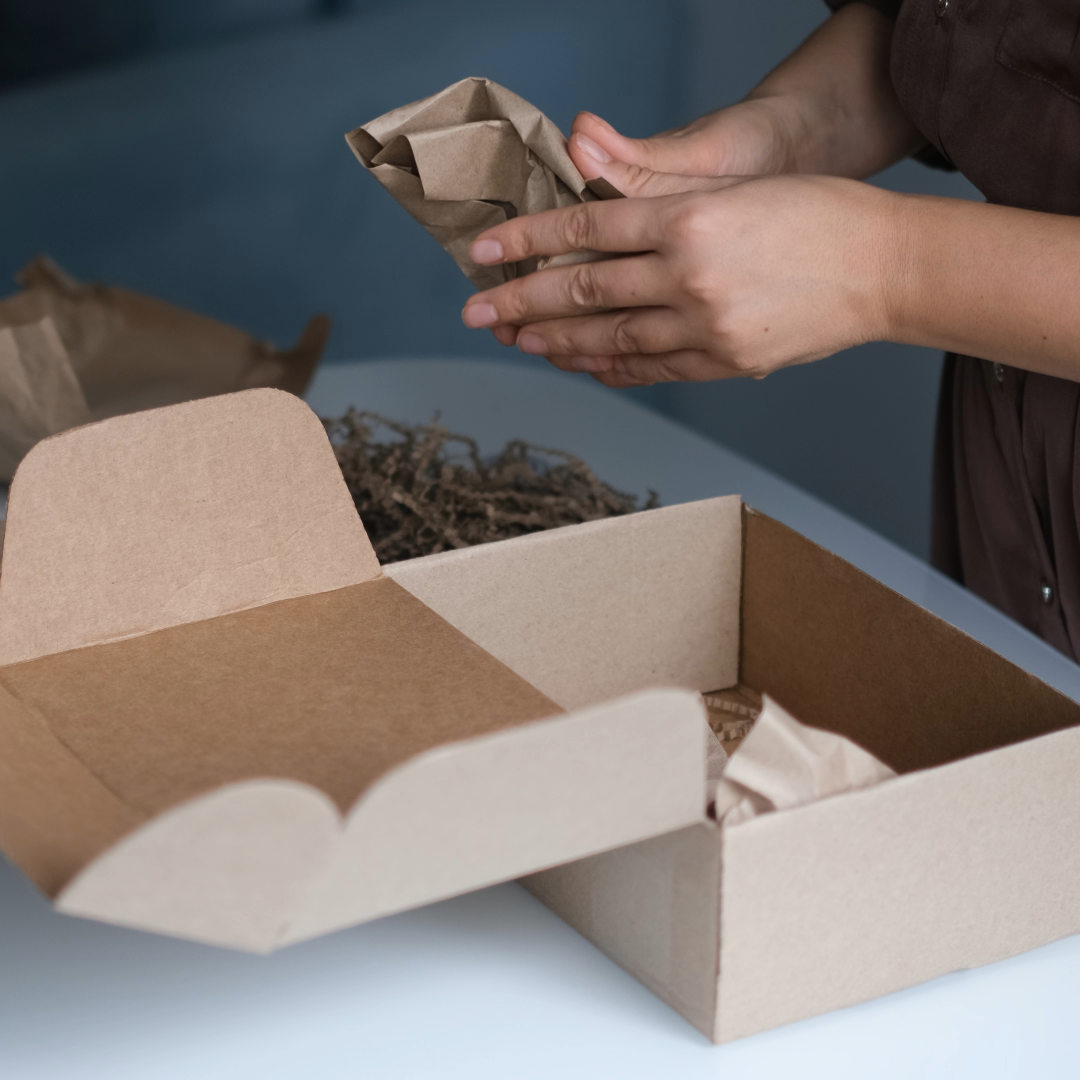
Eco-fee modulation may sound complicated, but it can have a positive impact on your packaging licence costs in various European countries. In addition to the obvious advantages in terms of environmental protection and marketing, sustainably designed packaging is also becoming more interesting because there are increasing political efforts to promote this type of packaging. An important instrument in this context is eco-fee modulation, which is part of the circular economy policy at both national and European level. In this article, we show you exactly what this is all about and how you can benefit from it.
Briefly explained: This is the Eco-Fee Modulation
Eco-Fee Modulation is an instrument to promote the European circular economy. It is intended to incentivise companies to increase the use of recyclable packaging. Some EU countries are already using it to differentiate the licence or recycling costs in their respective EPR systems.
Specifically, modulation aims to incentivise the development of sustainable packaging designs by differentiating the licence fees for sales packaging. In short, companies that use environmentally friendly packaging pay lower licence fees to the EPR systems and thus save costs. On the other hand, packaging that does not fulfil the requirements of eco-modulation is taxed more heavily and is therefore more expensive. This approach is an important step towards an environmentally conscious economic policy that promotes ecological sustainability.
Packaging licensing in Europe
In the European Union, the Packaging Directive requires companies that put packaging into circulation to ensure its disposal. This principle is known as extended producer responsibility (EPR). However, the specific requirements and obligations vary from country to country, as each country has developed its own laws to implement the EU directive. However, the basic principle remains the same everywhere: companies that put packaging into circulation pay a licence fee to an EPR system that is responsible for the collection, sorting and recycling of packaging waste.
In Germany, for example, companies fulfil their obligations by registering and reporting data in the LUCID packaging register and licensing their packaging with a dual system such as Interseroh+ via Lizenzero. Do you ship to the EU? With our licensing service, we can easily fulfil all your obligations per country for you!
Eco-fee modulation in practice
The standardisation of the eco-fee at European level is a desired goal, but implementation currently varies greatly from country to country. While certain materials are already taxed in some countries, others have not yet introduced eco-fees. Incentive models in the form of eco-fee modulation have already been introduced in France, the Netherlands, Belgium and Finland. However, the exact structure varies from country to country.
In principle, however, the recyclability of packaging, on which the eco-fee is based, is orientated towards the following criteria:
- Sortability and separability
- Source material (paper, plastic, metal, glass)
- Residual emptiability
- Contaminants in the material
Lizenzero.eu helps
Do you ship to different EU countries? We take care of your packaging licensing! On top of that, we can also check for you whether the design of your packaging meets the requirements of Eco-Fee modulation in your target markets. If the design of the packaging does not yet meet the Eco-Fee requirements, we can also support you in adapting your packaging to the standards on request.

LIZENZERO.EU makes packaging compliance in Europe very easy.
Do you ship your products to different countries in the EU? Many different legal requirements and obligations can make the whole thing quite complicated – but don’t worry, we’ll do it for you. How do we do it? With our licensing service, we take over all obligations for you by power of attorney. Sounds good? We’ll be happy to advise you.
For shipping to Germany, you can easily fulfill your packaging obligations yourself via Lizenzero.de.
EPR in Italy: duties for e-commerce & textiles
New rules for selling via online marketplaces have been in force in Italy since November 2024: With Law 166/2024 (amendment to the existing Legislative Decree 152/2006), Italy is tightening the EPR requirements. Italian online marketplaces must now record and pay data and fees for products subject to EPR in the area of electrical and electronic equipment (WEEE) on behalf of their retailers. For you as a retailer, this means that anyone selling to end customers via an Italian marketplace must be registered.
Commercial packaging in the EU: obligations at a glance
In this article, we explain the differences between the packaging types, the legal basis for them and how some EU member states – specifically France, Austria and Spain – deal with commercial packaging.
BPA ban in the EU: What’s behind the decision?
Plastic bottles are part of everyday life for many people, whether on the go, at the office, or during sports. In recent years, the materials used to make these bottles have come under increasing scrutiny, especially due to EU-level regulations. Consumers are paying more attention to which chemical substances may be present in their bottles. One of the most well-known and controversial substances is bisphenol A (BPA). BPA is often incorrectly referred to as a plasticizer. It has been heavily criticized for years because of its hormone-like effects and potential health risks, not only in plastic bottles.


